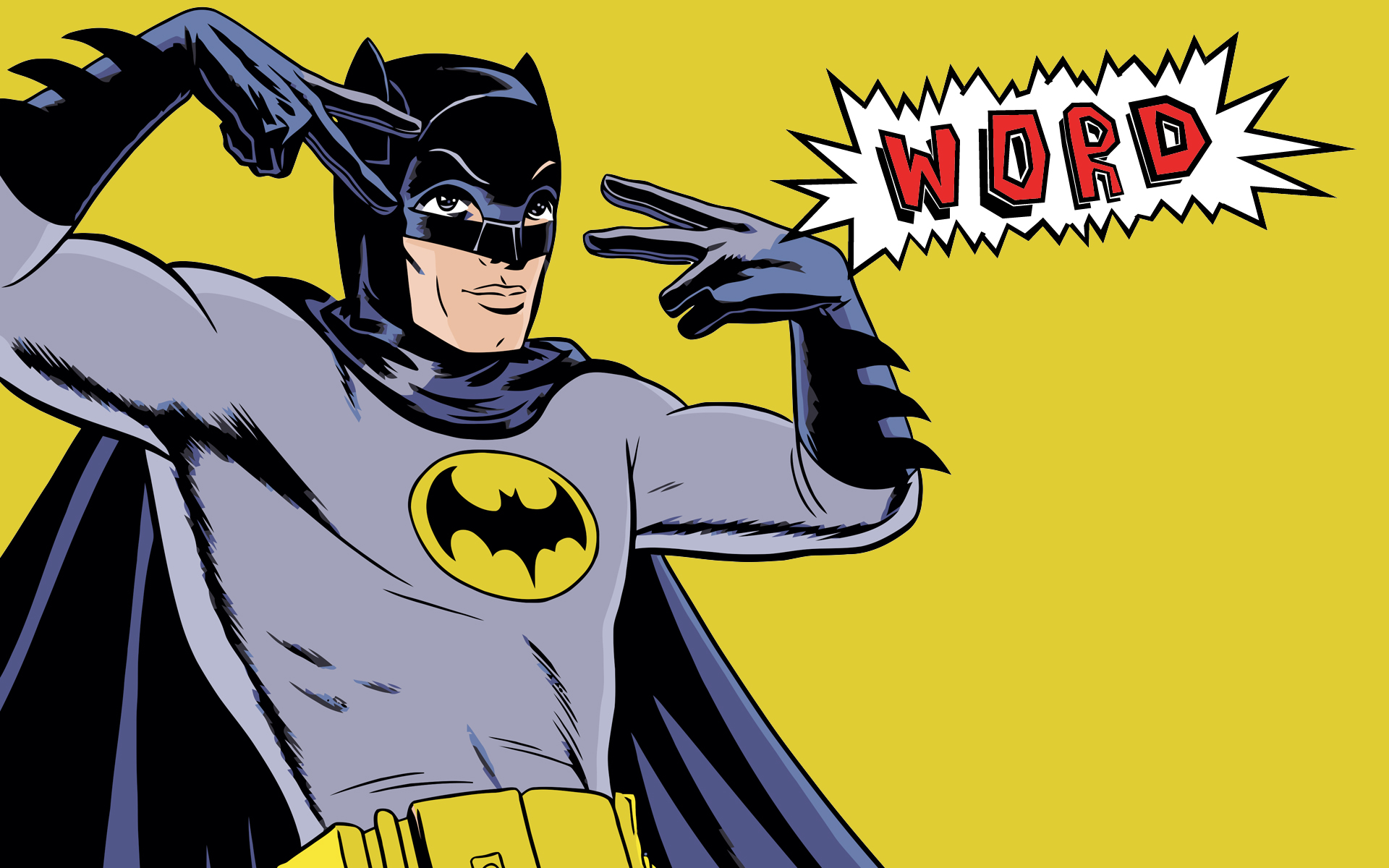What makes a hero?
.
Time has an interesting piece by John Cloud about what research has to say about why people tisk their lives to save others. The data offers three insights:
1) Heroism can be selfish, not just altruistic. Every human culture recorded reveres heroism and engaging in heroic acts raises status.
Because heroism is so deeply valued, Becker and Eagly define it as not only noble risk taking but also something selfish, a way to ensure status… the authors concluded that “engaging in ‘self-sacrificial behavior’ is a profitable long-term strategy.”
2) Department of Defense studies at Yale show heroism might not always be a choice. Some people might be wired for it.
“It may be that some people have stress hormones that run cooler in dangerous situations.” But after studying hundreds of veterans who served in Afghanistan and Iraq, Aikins believes that most tried to run but couldn’t. “Random luck and surviving,” he says, defines many who survive to be called heroes.
3) People who commit heroic acts often have stronger social bonds. Deeper ties to community may promote heroism.
In 2005, the Journal of Personality published a study that examined why some non-Jews helped rescue people from the Nazis and why others did nothing. They found that those who had helped were more likely to report risk-taking behavior — but the strongest correlation was with those who said they interact with friends and family on a regular basis.
Join 25K+ readers. Get a free weekly update via email here.
Related posts:
Could you really become Batman?





